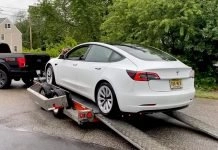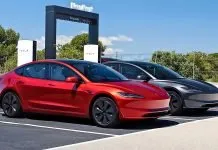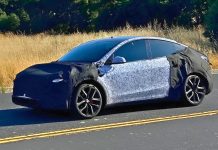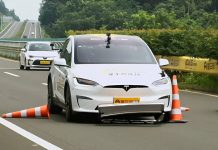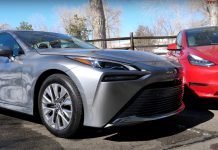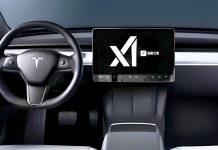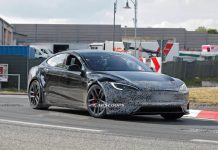According to BMW, the slowdown in EV sales is just as they predicted. BMW has told both shareholders and the rest of the auto industry that driving forward with EVs is a bad strategy. Oliver Zipse said at the meeting that because many competitors have scaled back their EV targets, the market has proven that BMW had the right approach.
“E-mobility as the sole technology leads to a dead end. That should be obvious by now,” Zipse said. “We took a clear stand on this, even in the face of strong headwinds. Now the wind has shifted in our direction.”
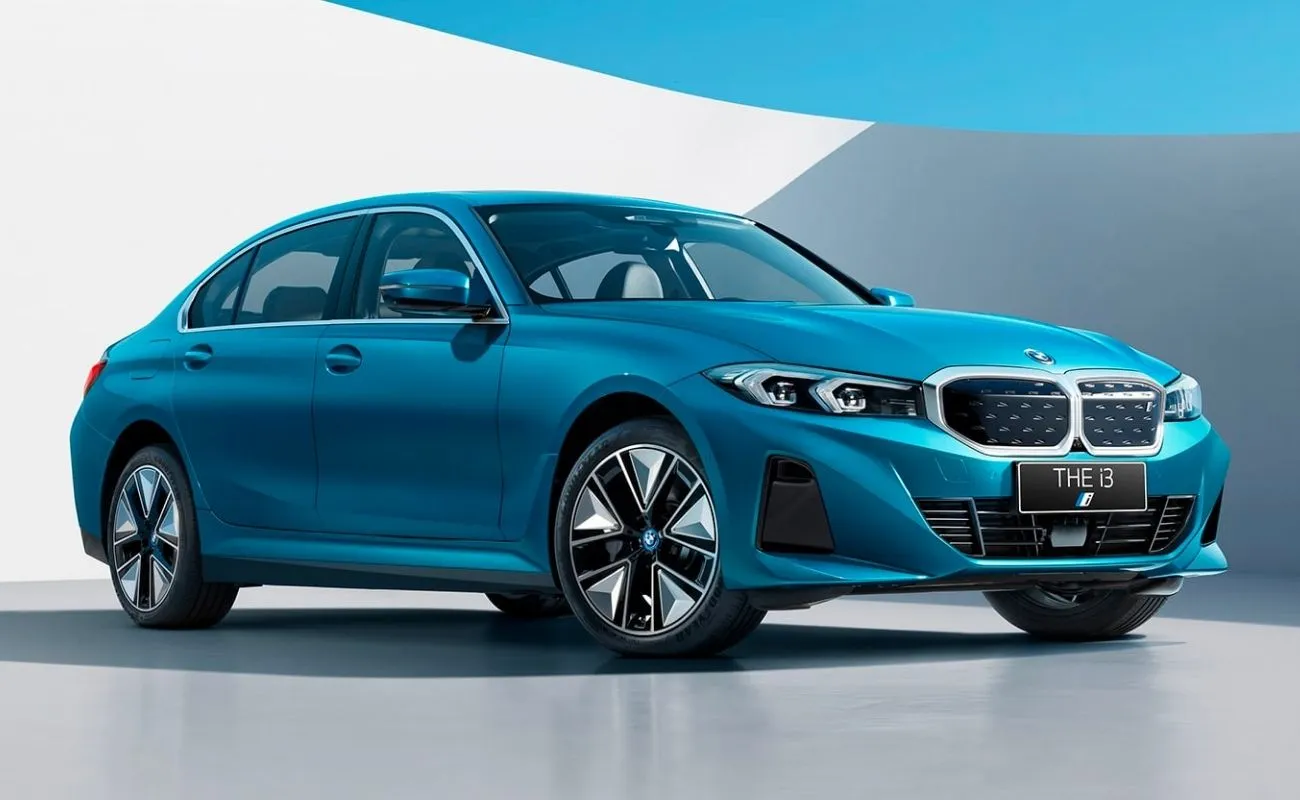
EV Hype Fades Amid Consumer Skepticism
The current slowdown in EVs stands in strong opposition to the positive outlook on electric vehicles we saw in the early 2020s. In the past, Mercedes-Benz, Volkswagen, and Volvo declared they would electrify all their vehicles within about ten years. BMW, instead, chose “technology openness” by putting fuel-cell vehicles, hybrids, EVs, and old internal combustion engines together on the market.
After getting criticized, that strategy now seems much more sensible. In its view, the market research firm Gartner says we are currently in the “trough of disillusionment,” as electric vehicles fall short of what many anticipated early on. There are still many people who are not convinced about EVs, due to worries over available charging sites, how much they cost, and old worries such as standing in the rain near an electric car.
It has been hard for traditional car companies to take their gasoline engine know-how and apply it to electric vehicles. Even famous for electric mobility, Tesla is feeling the effects of the current downturn. In 2024, the company failed to reach its 2030 EV sales goal, had a complete sales drop for the year, and saw its shares in China fall.
While the United States has limited EV subsidies, Europe has had a hard time getting people to buy them. Almost all cars in Norway are electric, but Italy—one of Europe’s biggest economies—registered only 6.2% of sales last year for EVs.
“The differences are too severe, even within Europe,” Zipse warned, underscoring the need for automakers to tailor strategies by region.
BMW’s Slow Move toward Electric Vehicles Is Looking Good
Even BMW hasn’t fared well with its EV models. In 2013, the i3 was introduced, and even though it was very ambitious, it did not produce strong results. As a result, BMW preferred to take a cautious approach to full electrification because remaining committed would be costly, and sales weren’t certain.
However, BMW is investing in electric cars—yet it’s not counting its entire future on them. Last year, the company’s sales of electric vehicles rose 14% to more than 426,500 cars in the BMW, Mini, and Rolls-Royce brands. BMW does not believe an EV-only future is possible, but it will bring out the iX3 all-electric model this year. It will be developed using the first Neue Klasse platform made solely for EV use.
The company is also introducing hydrogen fuel-cell vehicles by 2028, demonstrating its belief in a variety of ways to move forward. Instead of dropping EVs, BMW is aiming to adjust its plan for each important market, based on what people in those markets need. While other carmakers reduce their big EV targets, BMW’s point is clear: electrification is one aspect of the coming years, but not all there is.

